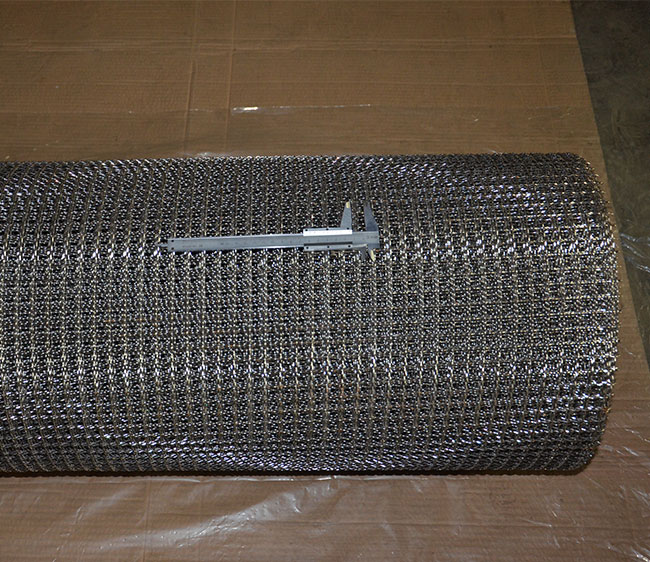Lis . 17, 2024 08:41 Back to list
Wholesale Wire Mesh Thickness Options and Considerations for Your Next Project
Understanding Wholesale Wire Mesh Thickness A Comprehensive Guide
Wire mesh is a widely used material across various industries due to its strength, versatility, and cost-effectiveness. One crucial aspect of wire mesh that can significantly affect its performance and application is its thickness. When considering wholesale wire mesh, understanding the implications of thickness is essential for selecting the right product for your needs.
What is Wire Mesh Thickness?
Wire mesh thickness refers to the diameter of the wire used to create the mesh. This measurement is typically expressed in gauges, with a lower gauge number indicating a thicker wire. For instance, a 12-gauge wire is thicker than a 16-gauge wire. The thickness of the wire directly influences the mesh's strength, durability, and load-bearing capacity.
Importance of Thickness in Wire Mesh
1. Strength and Durability Thicker wires generally provide enhanced strength and resistance to deformation under stress. This characteristic makes thicker wire meshes suitable for applications where high load-bearing capacity is required, such as in fencing, reinforcement, and construction.
2. Aesthetic Appeal In decorative applications, wire mesh thickness impacts the final look of the product. A thicker gauge may present a more robust appearance, while a thinner one offers a more delicate feel. For art installations or architectural features, selecting the right thickness is vital for achieving the desired visual effect.
3. Corrosion Resistance Thicker wire meshes often have better corrosion resistance, particularly when coated with protective materials like galvanization. This feature is crucial for outdoor or industrial applications where exposure to harsh environments can compromise the material's integrity.
4. Cost Considerations Typically, wire mesh with a greater thickness will be more expensive due to the additional material required. Therefore, balance must be struck between budget constraints and the necessary strength or aesthetic properties needed for the application.
wholesale wire mesh thickness

5. Application-Specific Requirements Different industries have different standards regarding wire mesh thickness. For example, agricultural sectors may require thicker mesh for livestock containment, while architectural projects may prefer lighter, more finely woven options.
Determining the Right Thickness
When determining the appropriate thickness for wholesale wire mesh, consider the specific requirements of your project. Here are some tips to guide your decision
- Assess Load Requirements Evaluate the weight and type of materials the wire mesh will need to support. Thicker wires are preferable for heavier loads.
- Consider Environmental Factors If the mesh will be exposed to corrosive elements (e.g., saltwater, chemicals), choose a thickness that can withstand such conditions.
- Consult Industry Standards Always refer to industry guidelines and standards specific to your field. This can provide insights into the most suitable thickness for your needs.
- Seek Expert Advice Don't hesitate to consult suppliers or manufacturers who can offer tailored recommendations based on their experience.
Conclusion
The thickness of wholesale wire mesh is a critical factor that influences its strength, durability, aesthetic appeal, and overall performance in various applications. By understanding the importance of wire mesh thickness and considering your specific needs, you can make informed decisions that ensure the success of your project. Whether you are in construction, agriculture, or design, selecting the right thickness can set the foundation for a durable and effective product.
share
-
High-Efficiency Particle Filter for Superior Air Purification
NewsJul.23,2025
-
CE Certification 250 Micron Stainless Steel Mesh for Industrial Use
NewsJul.22,2025
-
CE Certified 250 Micron Stain Steel Mesh - Durable & Safe
NewsJul.21,2025
-
CE Certified 250 Micron Stainless Steel Mesh - High Durability & CE Approved
NewsJul.21,2025
-
Premium Slope Collapse Protection Mesh | Durable & Effective
NewsJul.20,2025
-
Safety Mesh for Windows – Durable Mosquito and Insect Protection Solutions
NewsJul.08,2025

